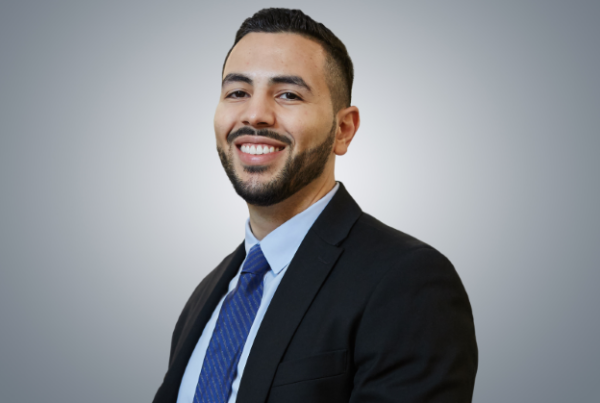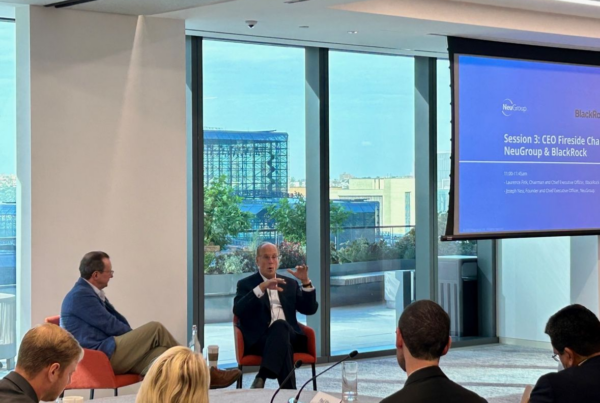Responding to
member feedback on committee service.
My post last week on agenda planning and survey
committees (APSCs) prompted a useful response from a member that I want to
address. The post—in case you missed it—was about asking members to participate
in committees comprised of a rotating subset of members for each meeting, with
the goal of getting better input on what the group wants from peer group
meetings.
The member who responded, who might well be
expressing what others are thinking, wrote: “One of the things that initially
strikes me about this is that, while I agree with the usefulness of member involvement
in the planning, this seems, on paper at least, like somewhat of a wholesale
shift of work to us.” He also said that securing and coaching session leaders
struck him as “fairly administrative,” and expressed concern about
the time commitment for treasurers.
These are all fair points. In my response, I
noted:
• We
are trying to do more to tap into members’ connections and experience. Our
intent with getting input on session leaders is to tap into members’
connections and experience, including connecting the group with knowledgeable
people who individual members have had useful exchanges with before.
“Coaching” may be as simple as saying, “We would like ‘X’ person to
address ‘Y’ topic like they did with us, which we found extremely useful.” This
also applies to what members would like to learn from solution providers and
who they would like to hear from.
• We
are mimicking the success of our new group steering committees. The
APSCs replicate the steering committees we have traditionally used with new
group launches to good effect. Essentially, we give the first-in founders the
opportunity to shape the meeting agenda so they get the most out of it. Peers
who join them later in the pilot meeting usually get a lot out of it, too. So
it makes sense to bring this approach to ongoing group meetings.
• We
will still do the heavy lifting. NeuGroup will still do
most of the work, which includes NeuGroup Peer Research (e.g., topic polls)
conducted across all our groups each meeting cycle to determine what’s on your
agenda, starting with your top projects and priorities. Using the results of
this research, we are asking APSC members to provide frank input and context.
This helps to ensure meeting sessions are targeted to member needs, that we
focus on the most relevant aspects of the chosen topics, and that we address
questions that will generate useful answers.
My colleague Anne Friberg, who came up with the
committee idea, elaborated further:
• Getting
broader input. We have found that either we get very little
input after the topic poll stage or we get input repeatedly from the same
people. By rotating members on the committees, we will get greater variety in
perspective.
• Not
a lot of work. In addition to some email communication,
being on the committee entails being on a few (2-3 max) calls with the peer
group leader; the aim is to keep those calls to 30 minutes, 45 max, and to get
through topic selection, session focus/angles and ideas for session leaders in
an effective and efficient way.
• Guiding
our actions. The securing and coaching of session leaders
is all about guiding the actions of peer group leaders whose role is
facilitating successful meetings. The goal is not to delegate our work to
others, but to have the committee’s input on session topics as well as how we
frame objectives for the sessions and who we select to lead them. Member action
beyond this is welcomed, but voluntary—as is all member participation in the
APSCs.
Getting
back time spent with NeuGroup
The one part of the member’s response to last
week’s post that I failed to address adequately is the time members have
available to devote to NeuGroup.
“I’m a bit surprised that so many of the
other treasurers feel they have the time to take this work on,” the member
noted. “But perhaps I am just reading too much into the potential time
commitment.”
With give-to-get as a core value of our company,
I want members to agree that the more they put into their engagement with NeuGroup,
the more they will get out of it. While that’s the ideal, we know that the
practical reality of members having many other things to do means they have a
finite amount of time to give us. So our challenge is: How do we make the most
of the time members have to engage with us?
My answer is to give members the opportunity to
connect with people confronting the same challenges they are now, or people who
have already addressed the issue—or people who know someone else who can share
relevant experience. Ultimately, I hope we can deliver some shared insight—a
key takeaway—that will save them time.
By asking members to do a bit of work, even as
basic as telling us what they are working on or what they hope to get out of a
meeting, we are in a much better position to facilitate time-saving knowledge
exchange.
We want to give you time back via your
interaction with NeuGroup and not take time away. So please let me know if you
believe you have a better answer to how NeuGroup can save you time and work.


